Adaptive clocking feature of MPSSE allows to implement I2C clock stretching. I have a design with FT4232H that implements this, and same feature is supported on FT232H, so it should work there as well.
Adaptive clocking feature (DS_FT232H, 4.8.1 p. 32) uses a pin (GPIOL3, fixed) to sense a delayed copy of TCK after it went through the target and back. It is supposedly used to allow to clock TCK as fast as possible in JTAG mode on old ARM targets. As MPSSE is implemented, this actually works for non-JTAG protocols as well: It works as long as you use MPSSE clocked commands (bit shifts, free running clocks, etc.).
With the following wiring, FTDI TCK/TDI pins drive SCL/SDA down when needed, TDO senses SDA back, GPIOL3 senses SCL back.

Here is an excerpt of effect on bus, while the whole MPSSE command stream was sent as one USB transfer, we can see the target stretches the bus while preparing the next data byte:

This can be compared with writes where no stretching happens:

The only downside is that MPSSE has no timeout on the adaptive clocking feature, so you never have response on MPSSE stream if I2C bus has SCL stuck low. Most common is when target is not powered. In such cases, you are forced to reset the endpoints and the whole MPSSE engine.


